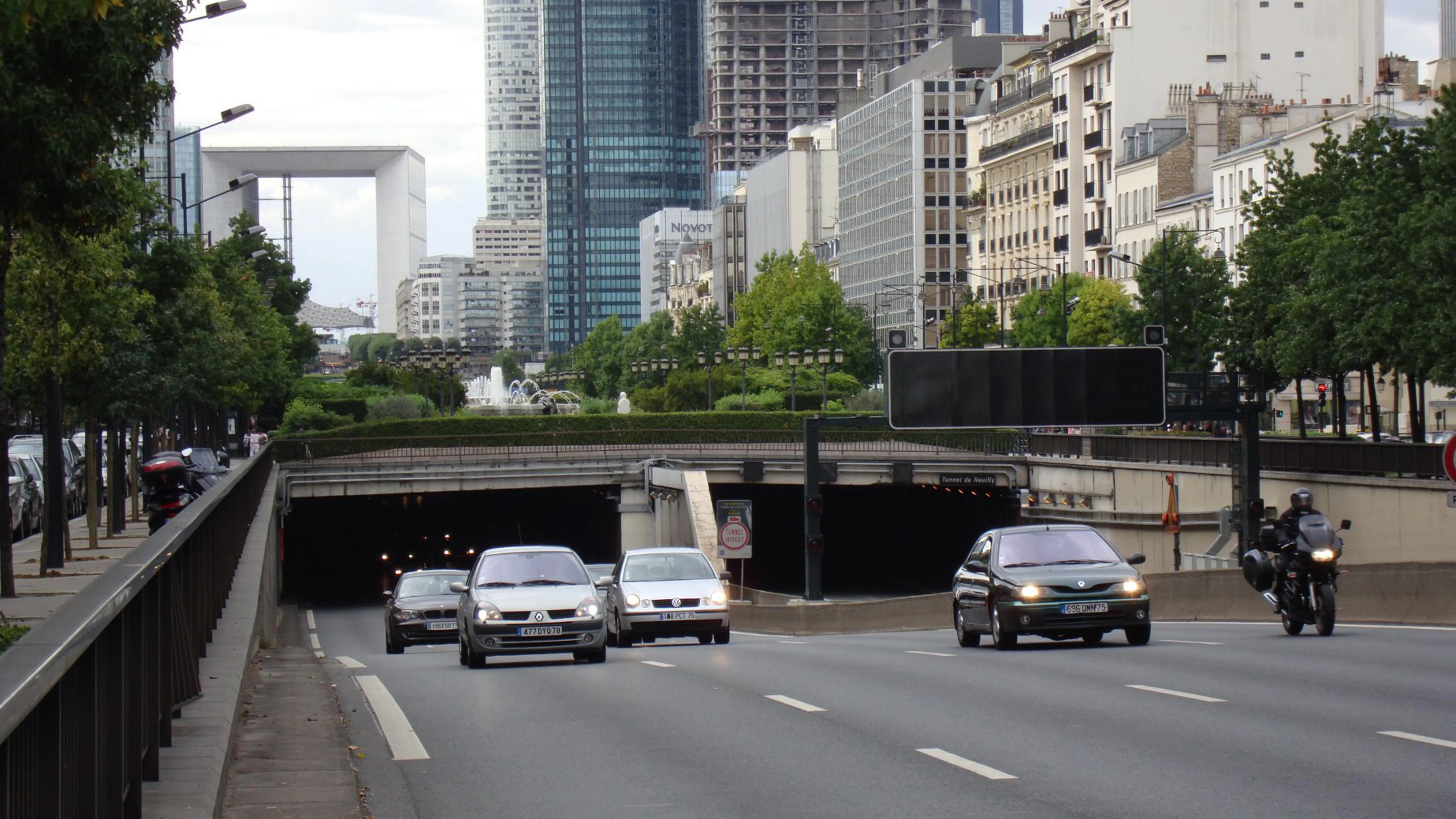Traffic technology company
According to head of product management, Keith Manston, the new coating is completely transparent so does not affect the appearance of coated products. Treated surfaces are up to 80 per cent self-cleaning. This means that coated assets such as VMS signs and controller cabinets require little attention as inks will wash away in the rain.
The new anti-graffiti coating is a transparent Silicon Dioxide (SiO2) ‘pure liquid‘ glass coating, that provides an impervious barrier to dirt and other chemicals.









